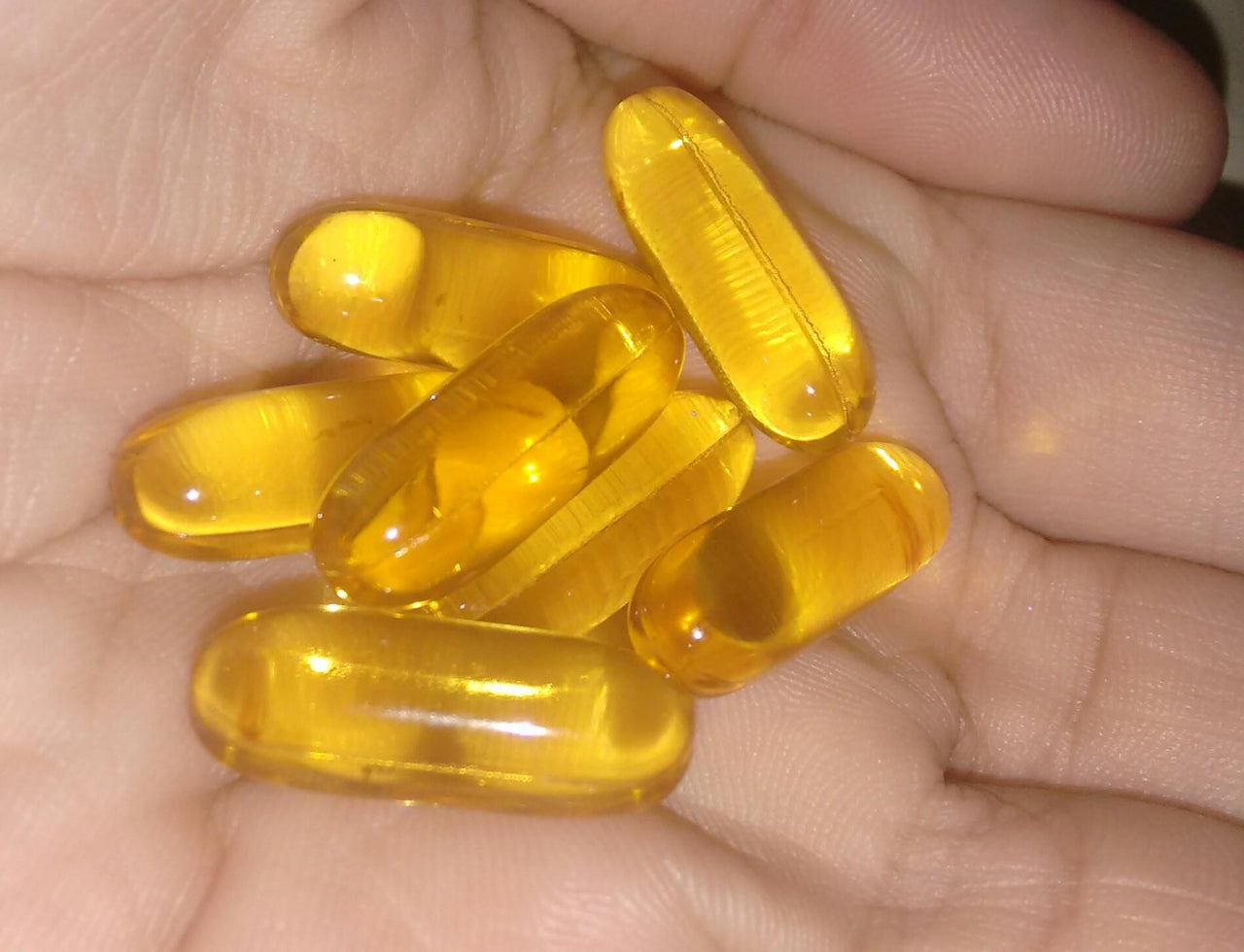
Omega-3 supplements: DHA counteracts inflammation, triglycerides and cholesterol more than EPA

Omega-3 DHA supplements better than EPA in keeping inflammation, triglycerides and cholesterol at bay
DHA is more effective than EPA in attenuating inflammation and reducing cardiovascular risk factors in healthy adults with abdominal obesity. Indeed, in these subjects, supplementation with 3 grams per day of DHA, for 10 weeks, appears to decrease triglycerides, cholesterol and inflammatory molecules more than the same dose of EPA.
This was reported in a study conducted by researchers from Laval University in Quebec, Canada, and published in the American Journal of Clinical Nutrition.
Omega-3s reduce inflammation and control blood lipids
Omega-3 polyunsaturated fatty acids have structural and functional functions in the human body, including a powerful anti-inflammatory action. Inflammation is a key factor in the development of atherosclerosis and ischemia, and numerous scientific literature has suggested that omega-3s may attenuate the pro-inflammatory state associated with obesity and metabolic syndrome. The molecular mechanisms that appear to be involved in the anti-inflammatory action of omega-3s are diverse and result in a reduction in the blood of signal molecules of inflammation, such as C-reactive protein. Most studies on the action of omega-3s have been conducted by investigating the effects of a mixture of EPA and DHA; according to recent studies, however, the latter appears to be more potent than EPA in modulating plasma lipid concentrations that predispose to cardiovascular disease risk. Hyperlipidemia is a condition characterized by increased blood lipids such as triglycerides and "bad cholesterol (LDL). The main beneficial effect of omega-3 fatty acids on blood lipids is precisely to keep triglyceride and cholesterol levels under control. It has been widely shown that a diet rich in omega-3 has an important effect on fat metabolism, mainly by reducing the synthesis of triglycerides by the liver.
DHA decreases inflammation, triglycerides and cholesterol more than EPA
The study indicated that DHA supplements caused a greater reduction in inflammation signal molecules compared with a similar dose of EPA. In fact, the data showed that supplementation with DHA, for 10 weeks in the dose of 3 grams per day, was more effective in men and women with abdominal obesity, systemic inflammation, and in good health. In addition, DHA, more than EPA, had promoted the reduction of triglycerides and total cholesterol, while increasing the concentration of "good" cholesterol, thus corroborating the findings of other recent research. Commenting independently on the study, Harry Rice of GOED, an association that promotes the consumption of adequate levels of omega-3s, reported that the research is very important from a scientific point of view but is still not sufficient to recommend one omega-3 over another, so the recommendation remains to eat a diet rich in fatty fish or take high-quality supplements.
Some details of the researchers' work
Canadian researchers, led by Benoît Lamarche, recruited 48 men and 106 women to participate in the study. All were randomly assigned 2.7 grams per day of either EPA or DHA, or corn oil as a placebo, for a period of 10 weeks. Results of the analysis showed that compared with EPA, DHA was associated with a greater decrease in blood levels of interleukin-18 a signal substance of inflammation, while no significant difference was observed for other inflammatory molecules. Lipid measurement showed that DHA was also associated with a reduction in triglycerides and blood cholesterol. In addition, HDL (good cholesterol) cholesterol levels were found to be increased more in the group that had consumed the DHA supplements. These subjects also had significant increases in LDL "bad" cholesterol compared with those who had consumed EPA, but these differences were not observed in women.
No significant difference between the two omega-3s emerged regarding the concentration of apoB, a protein involved in the transport of LDL cholesterol to tissues. Compared with placebo, EPA supplementation decreased plasma triglycerides by about 12 percent and increased LDL cholesterol, with no major effects on other lipid components. In contrast, the action of DHA supplements, when compared with placebo, showed the increase in total cholesterol, LDL cholesterol, apoB and HDL cholesterol (by about 8%), as well as a significant reduction in triglyceridemia (-13.3%).
What is the effect on cardiovascular risk?
The results of this research show that DHA is more effective than EPA in modulating specific markers of inflammation and blood lipids in adults, men and women, with abdominal obesity and systemic inflammation. According to the researchers who directed the research, the importance of these new data lies in the fact that most of the available studies have been undertaken considering the combined action of EPA and DHA. Understanding how differences between the two types of omega-3s may affect cardiovascular risk is still unclear and will need to be investigated in the future, as will the effect on LDL cholesterol of DHA, which appears to be more pronounced in men than in women.
Supplements to increase DHA intake: Vita DHA liquid
Dietary supplements based on omega-3 DHA can be used to achieve the optimal daily amount of this fatty acid. Several Omegor products containing DHA include, Vita Liquid DHA thanks to its new formulation containing an even purer and more natural tuna oil, is a safe and effective way to take omega-3. Each vial of Vita DHA liquid contains as much as 1450 milligrams of DHA, plus EPA, natural tocopherols and a pleasant lemon flavor.
Source: J. Allaire et al. "Randomized, crossover, head-to-head comparison of EPA and DHA supplementation to reduce inflammation markers in men and women: the Comparing EPA to DHA Study." American Journal of Clinical Nutrition





